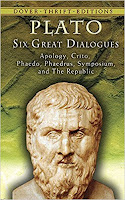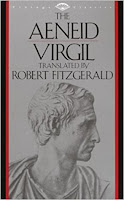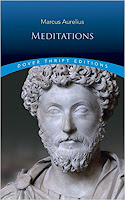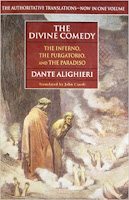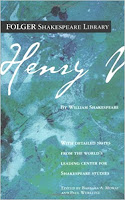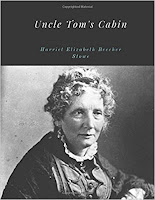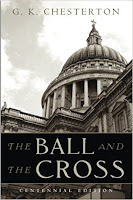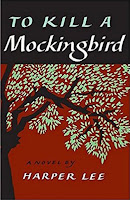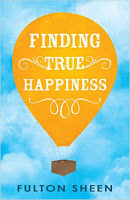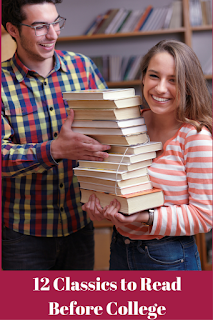12 Classics to Read Before College
12 CLASSIC BOOKS EVERY CATHOLIC HOMESCHOOL STUDENT SHOULD READ
THE ANCIENT GREEKS
1. Homer: The Iliad
Homer gives us, among other things, some idea of the notion of sovereignty for the Ancient Greeks. Part of it is the gods’ blessing, part of it is the fealty of subordinates, but mostly it’s a tribal type of organization. Students enjoy the analogy of Achilles and Agamemnon acting like enraged gorillas, pounding their chests to compete for the title of King of the Banana Pile. It is easy to dismiss the characters of the Iliad as obnoxiously petty, but Homer’s world is far different than the one we experience today, and discovering how that world and its actors operate stands as one of the enduring attractions of the text.
One could easily place Homer’s Odyssey, or Sophocles’ Oedipus Rex in this spot as well.
2. Plato: Republic
I love pointing back to Anne Carroll’s Christ the King Lord of History as providing signposts to a Catholic interpretation of history. To her, the Ancient Greeks made, primarily, two significant contributions to the development of Western Civilization: the expansion of the West via Alexander’s conquests, and the invention of philosophy. Plato’s Republic provides an excellent introduction to this latter contribution, as it’s one of the best articulations of the Greek’s philosophical achievements, outlining how best to order citizens and the city-state.
THE ANCIENT ROMANS
Livy, Pliny, Plutarch and Sallust all give us worthy histories as well (Livy, in particular, gives a lovely history of Rome’s early era), but Tacitus stands out for his candid and engaging appraisal of Rome’s heroes and villains, victims, and tyrants.
MEDIEVAL AND RENNAISSANCE
Augustine’s Confessions stands as one of the most famous stories of conversion, and arguably the best and most important among Christian literature. Augustine literally bares his soul to the reader, and in doing so expresses the beauty and magnetism of pure Christianity to an intelligent man struggling with self-discipline and self-honesty. His story is one to which everyone can relate, and, as it emerges from the early centuries of Christianity, set a precedent of how we “come to Jesus.”
Selections from Aquinas’ Summa Theologica might also have been in this spot as a wonderful example of the development of Christian philosophy and theology, but it isn’t nearly as approachable as Augustine.
Dante’s text evinces just how inherent Christianity had become in Western Civilization, that entertainment, theology, and romance can all be bound up in the same poem. While the entire three-part epic is probably too much for a high-school student, the Inferno by itself paints a compelling and vivid image of the fate of the damned. Students of history will be delighted (and sometimes amused) to identify all of the names who Dante places in hell, as well as the reason(s) why he does so.
Shakespeare has to be on this list, but as I’m not really a fan of Shakespeare, I include the text which I appreciate most. Henry V gives us laughs, action, and (of course) rousing monologues of a martial tone. Beyond its readability, the text’s influence (and therefore Shakespeare’s) on modernity can clearly be seen when encountering such passages as “we band of brothers” and “once more unto the breach.”
A number of Shakespeare’s works might fit into this spot instead, and certainly a close runner-up is Hamlet.
MODERNITY
Much like Shakespeare, Chesterton has to be on this list. His importance to the Catholic literary revival, and to Catholics in modernity, is far beyond dispute, and this text, in particular, is a masterpiece resulting from Chesterton’s attempt to marry a novel with a criticism of modern social norms of “tolerance.” Chesterton’s conclusion leaves few without guilt, ranging from the overzealous Christian conservative to the aggressive hyper-liberal atheist, arguing instead that true Christian virtue is a type of moderation and sensibility we ought to have noticed the whole time.
For those who prefer a more straightforward, and less narrative presentation of Chesterton’s social criticism and theological expositions, Orthodoxy could be read instead.
No less emotionally evocative, and demonstrative of the importance of loyalty and friendship is Rawls’ Where the Red Fern Grows, though this text noticeably lacks much of the social criticism present in Lee’s masterpiece.
12. Carnegie: How to Win Friends and Influence People / Sheen: Finding True Happiness
In the last 400 years, Western Civilization has endured an immense democratic revolution greatly changing the manner in which people interact with the world. Carnegie understood the dynamics of this new form of communication very well, even giving his text a deceptive title. Really, the text is about teaching people to be sensitive to each other’s selfishness and high sense of self-importance as the key to being an effective communicator and leader.
NOTE on translations and editions:. The quality of translations of some of these texts can vary greatly. We have linked to the best translations known to the author. For used copies, we recommend checking www.bookfinder.com for the best prices. Some of the hyperlinks are affiliate links and provide a small referral fee to the author.
* Indicates there is a Homeschool Connections course available for the book.
** Indicates there is a Homeschool Connections course that uses a portion of the book in one or more of its courses.



